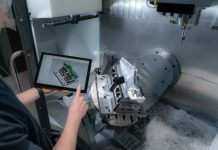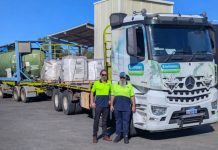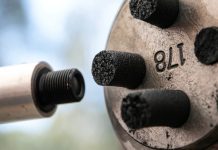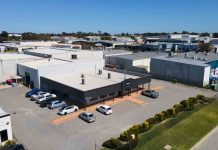
Deakin University has partnered with Melbourne-based start-up Kapture to develop technology that transforms combustion engine emissions into sustainable fertiliser, in a collaboration aimed at decarbonising heavy industry and strengthening Australia’s manufacturing and agricultural capabilities.
The partnership, established through Deakin’s Recycling and Clean Energy Commercialisation Hub (REACH), will combine Kapture’s carbon capture innovation with research from Deakin’s Faculty of Science, Engineering and Built Environment (SEBE), the university said in a news release.
Together, the teams will explore how captured carbon dioxide (CO2) emissions from diesel engines can be converted into a nutrient-rich fertiliser suitable for Australian soils.
Kapture Founder and CEO Raj Bagri said the company’s technology targets diesel pollution at its source – from portable generator sets powering off-grid industries such as construction, mining, and agriculture.
“The idea came from creating a carbon capture device that can convert carbon emissions into valuable byproducts,” Bagri said.
“By converting CO2 into a green fertiliser, we’re not just reducing emissions — we’re supporting a circular economy, creating sustainable fertiliser for Australian agriculture, and generating new opportunities for regional communities.”
Deakin researchers, including senior lecturers Dr Svetlana Stevanovic and Dr Ali Zare, are conducting detailed analyses of the captured material to ensure its environmental safety and suitability for soil use.
“In our labs, we’re analysing the captured byproduct to characterise its composition, ensuring it’s free from diesel residues and suitable for soil application,” Dr Stevanovic said. “This is key to gaining regulatory approval and delivering real environmental benefits.”
Greenhouse and field trials are planned for late 2026, with Deakin Deputy Dean Professor Lambert Brau leading comparative studies against existing commercial fertilisers.
“If the product performs well and is cost-competitive, it could significantly support industrial decarbonisation and promote cleaner, local fertiliser production,” Professor Brau said. “This would represent a major shift in sustainable farming practices.”
According to Deakin, Kapture’s approach could enable farmers to repurpose emissions from diesel-powered equipment directly into CO?-based fertiliser, improving soil health while reducing emissions and supply chain reliance.
“Despite the growth in electrification, combustion engines remain essential for off-grid and remote operations,” Dr Stevanovic said. “This innovation offers a pathway to decarbonise those activities, contributing to net-zero goals while delivering real value to communities.”
Beyond agriculture, Deakin said Kapture is also investigating potential uses for its byproduct in other manufacturing sectors such as concrete, plastics, glass and paper production.
Deakin further noted the company recently completed its first pilot project with Horizon Power in Western Australia and plans a commercial rollout in 2026.
“This technology is good for the planet, for farmers and for the economy,” Bagri said. “And we’re just getting started.”
Dr Stevanovic added, “Together, we’re proving what’s possible when research and industry unite around sustainability. We make a good team.”


















